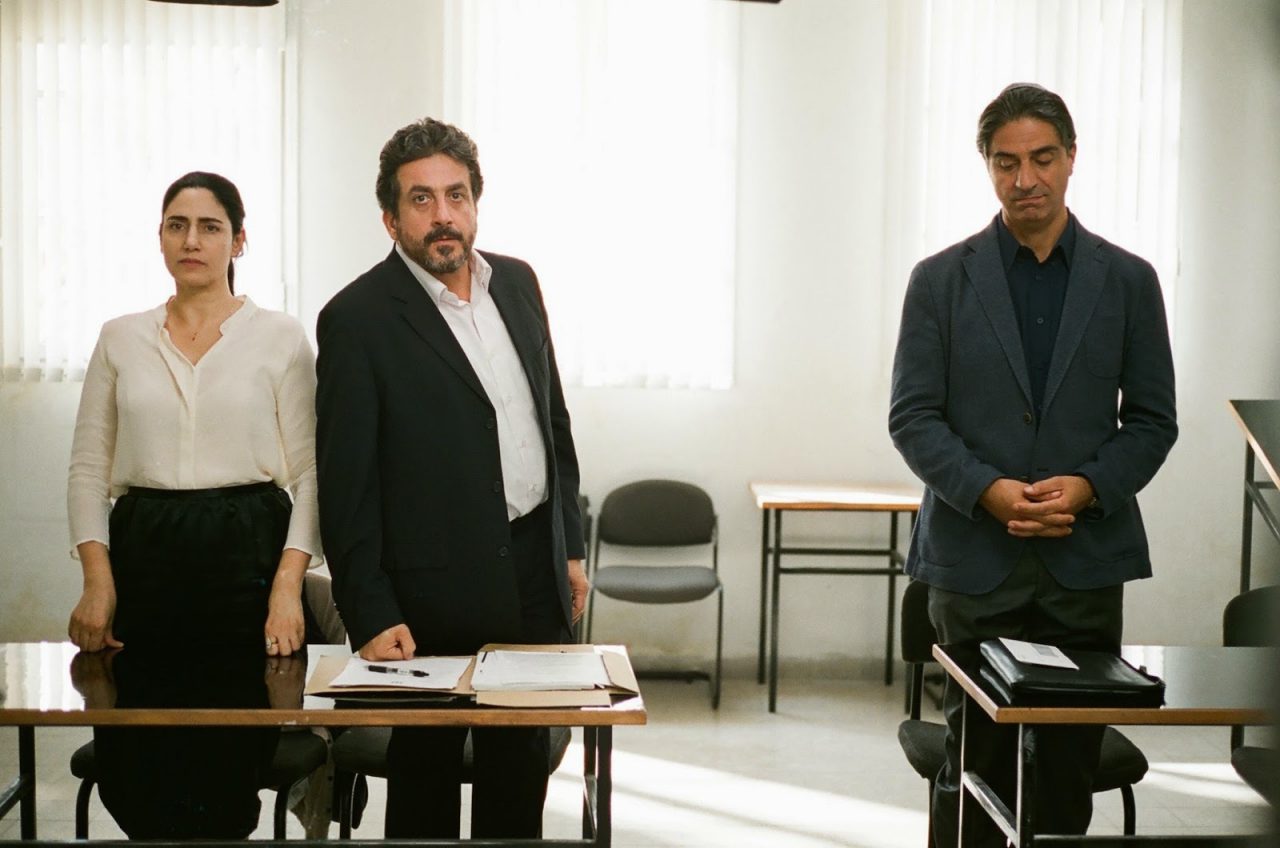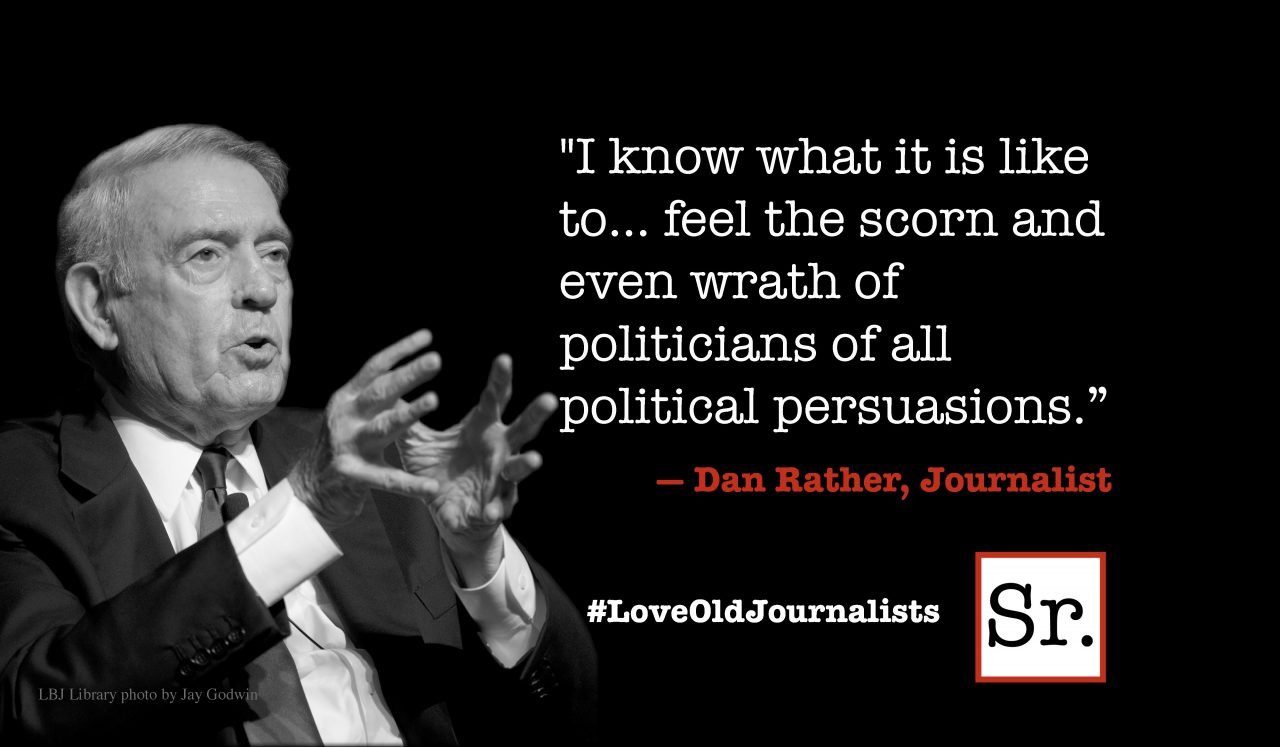One could hardly find a better way to observe Women’s History Month than with “Gett: The Trial of Viviane Amsalem,” a journey down the rabbit hole of Israeli divorce court that gives patriarchal attitudes a swift kick in the tush.
Civil marriage and divorce don’t exist in Israel. Both are under the jurisdiction of rabbinical courts which will acknowledge a divorce only after a husband officially grants one. In certain circumstances — if he’s committed adultery or physically abused his wife — a man may be compelled by the court to divorce. Mostly though, the rabbis advise patience and try to get warring couples back together.
It’s a system stacked against women.
In “Gett” (the Hebrew word for divorce), middle-aged Viviane (Ronit Elkabetz) has already lived three years apart from Elisha (Simon Abkarian), her husband of 30 years. Now she is seeking a divorce.
But the passive-aggressive Elisha isn’t cooperating. He won’t even show up for a hearing, and eventually he’s jailed for contempt to force him to appear. Even then he’s totally uncooperative.
Viviane has always been unhappy in the loveless marriage, but technically she hasn’t got much of a case. Simply being miserably married doesn’t qualify.
In the meantime, she’s steered clear of other men and continued with certain of her wifely duties, cooking meals that are delivered to Elisha and their youngest child (the two older offspring already have moved on). Still, Elisha stubbornly insists he wants her back. It’s less about love than about control, punishing Viviane for her temerity in not recognizing his superiority.
Like the hapless defendant in Kafka’s “The Trial,” Viviane’s ordeal will go on for years and years through one absurd situation after another.
Elkabetz, a quietly luminous actress, wrote and directed the film with her brother Shlomi Elkabetz, and they have employed a rigid visual and presentational format that is hugely effective.
The entire film takes place either in the courtroom or a nearby waiting room — vague, featureless environments with white, undecorated walls and bland industrial furniture. Most of the characters dress only in black and white. The entire movie is monochromatic, with color provided mostly by human flesh. When late in the film a defiant Viviane shows up in a fiery red dress, it’s like a slap at the bearded jaws of her judges.
There is virtually no camera movement, and the editing is minimal. Long, uninterrupted shots are common.
For the first 40 minutes or so, Viviane and Elisha say nothing while their lawyers, Carmel (Menace Noy) and Shmuel (Abraham Celektar), argue before the three-rabbi panel. Frequently the camera settles on the couple’s faces while court officials talk offscreen.
It’s austere but tremendously effective. Clearly, the Elkabetz siblings have studied the silent courtroom classic “The Passion of Joan of Arc,” with its looming closeups and minimalist setting.
The film is divided into brief scenes — some running for no more than a couple of minutes, others going on for quite a while. As each begins, we are told how long it’s been since the couple’s last court appearance. We feel that Viviane’s life is ticking away in limbo.
It’s not all joyless legal machinations. Called as a character witness, the wife of Viviane’s brother (Rubi Porat Shoval) makes the presiding rabbis apoplectic with her overbearing, laugh-inducing testimony. And there’s a delicious moment when the straight-faced Viviane makes a point of stretching out her bare legs to the disconcertment of a stuffy male witness.
Through it all, Viviane must bury her anger and present a calm, dignified face. Nothing would suit the judges more than to dismiss her as a hysterical woman.
Small wonder that when she finally blows she very nearly brings the house down.
“Gett” is the final film of a trilogy about Viviane and Elisha’s marriage. “To Take A Wife” describes her first yearnings for independence; “The Seven Days” gets into the details of their long separation. I’ve not seen either, but I’m now on the lookout for them.









